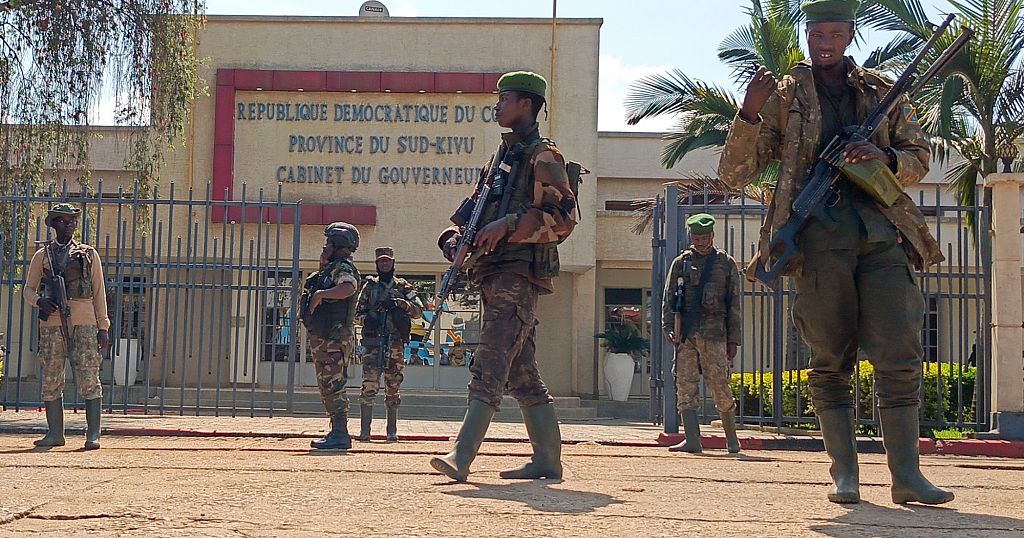The United Nations Human Rights Office has issued a stern condemnation of a surge in attacks against civilians in the eastern Democratic Republic of Congo (DRC), accusing the Rwandan-backed M23 armed group of killing hundreds of people in recent weeks despite a ceasefire deal brokered in Doha. At least 319 civilians, including 48 women and 19 children, were killed between July 9 and 21 in four villages within North Kivu Province’s Rutshuru territory, according to UN spokesperson Jeremy Laurence. Most victims were farmers sheltering in fields during the critical planting season, as violence disrupts daily life in the conflict-ridden region.
Laurence, speaking on behalf of the Office of the UN High Commissioner for Human Rights (OHCHR), emphasized that Rwandan forces were directly involved in supporting the M23’s operations. The attacks occurred amid renewed hostilities between the Congolese military and the rebel group, which has waged an insurgency for over a decade. “These killings must end immediately, and perpetrators must face justice,” Laurence said, noting that other armed factions, including the Allied Democratic Forces (ADF) and CODECO, have also targeted civilians in North Kivu, South Kivu, and Ituri Provinces throughout July.
UN Human Rights Chief Volker Türk reiterated calls for all parties to adhere to international law, stressing the urgent need to protect vulnerable populations. He urged compliance with the recently signed Doha declaration, a set of principles aimed at reviving stalled peace talks. “Recurring violence can only cease if all actors engage in good faith and prioritize civilian safety,” Türk stated. The appeals come as the Congolese army grapples with an increasingly fragmented conflict, with multiple armed groups vying for control of mineral-rich territories.
Decades of instability in eastern DRC have displaced millions and fueled humanitarian crises, with the M23 resurgence compounding challenges. The group, accused of receiving military and logistical support from Rwanda—a claim Kigali denies—has repeatedly violated ceasefires since re-emerging in late 2021. Analysts warn that without swift accountability and regional diplomatic pressure, the cycle of violence risks further destabilizing Central Africa. Local communities, already facing food insecurity and disrupted livelihoods, continue to bear the brunt of the clashes, underscoring the human toll of the protracted conflict.
